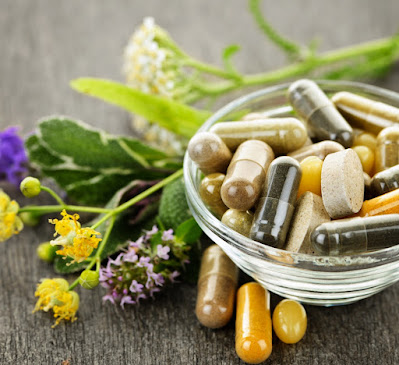Cholesterol Medicines

Cholesterol is necessary for good health, but too much cholesterol can clog the walls of blood vessels and lead to heart disease. Fortunately, many medicines help lower cholesterol levels. These medications work by lowering the amount of low-density lipoprotein (LDL) cholesterol, known as bad cholesterol, in your blood. They also help raise high-density lipoprotein (HDL) cholesterol, or good cholesterol, which helps reduce your risk of heart disease and stroke. Ezetimibe Ezetimibe is a type of cholesterol medication that reduces levels of "bad" cholesterol in the blood. It works by partially blocking the absorption of cholesterol in your small intestine. This reduces the amount of cholesterol that gets into your liver and blood from food and bile. It is used to treat high cholesterol in people who have certain problems with the way their body absorbs and stores fats (lipids). It also helps in people who are allergic to some other types of cholesterol medicines called ...






